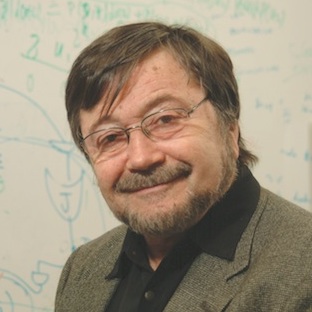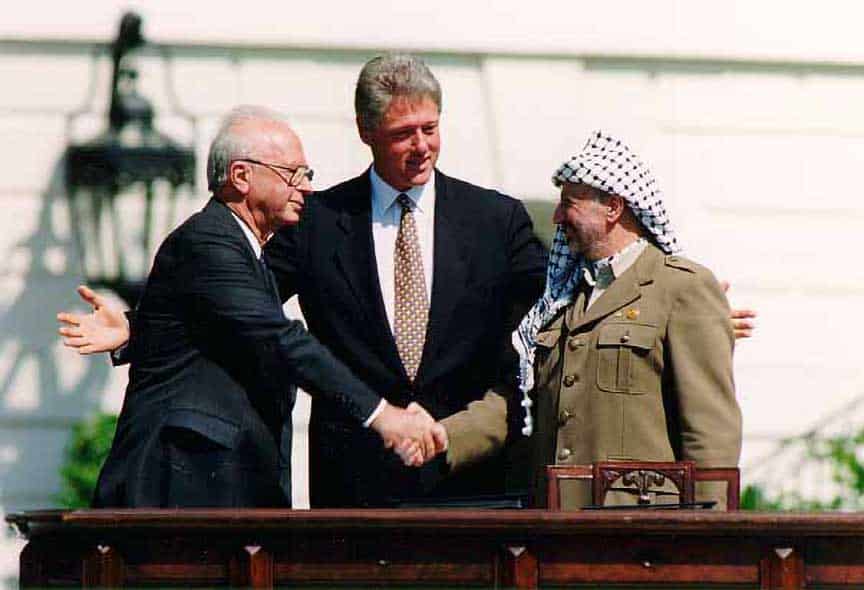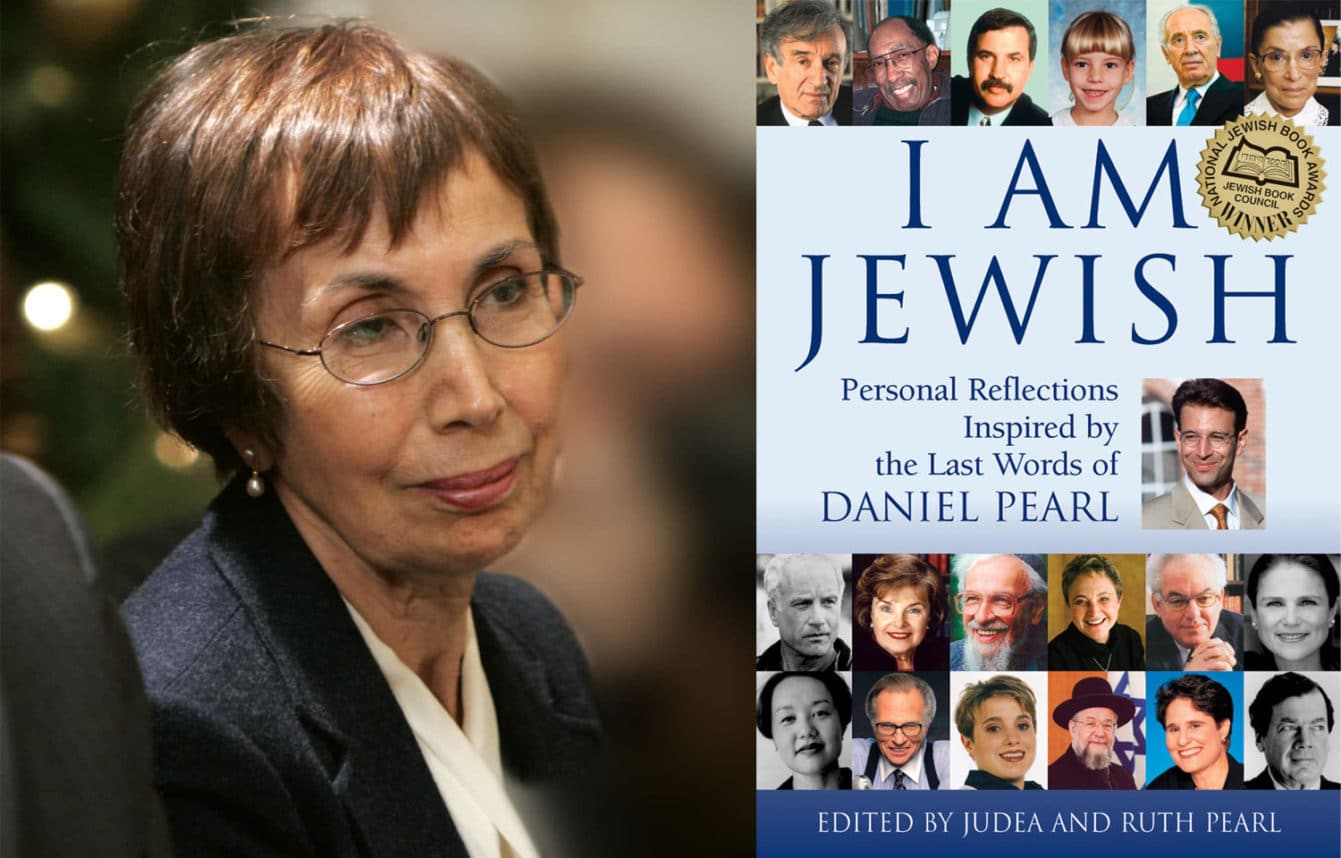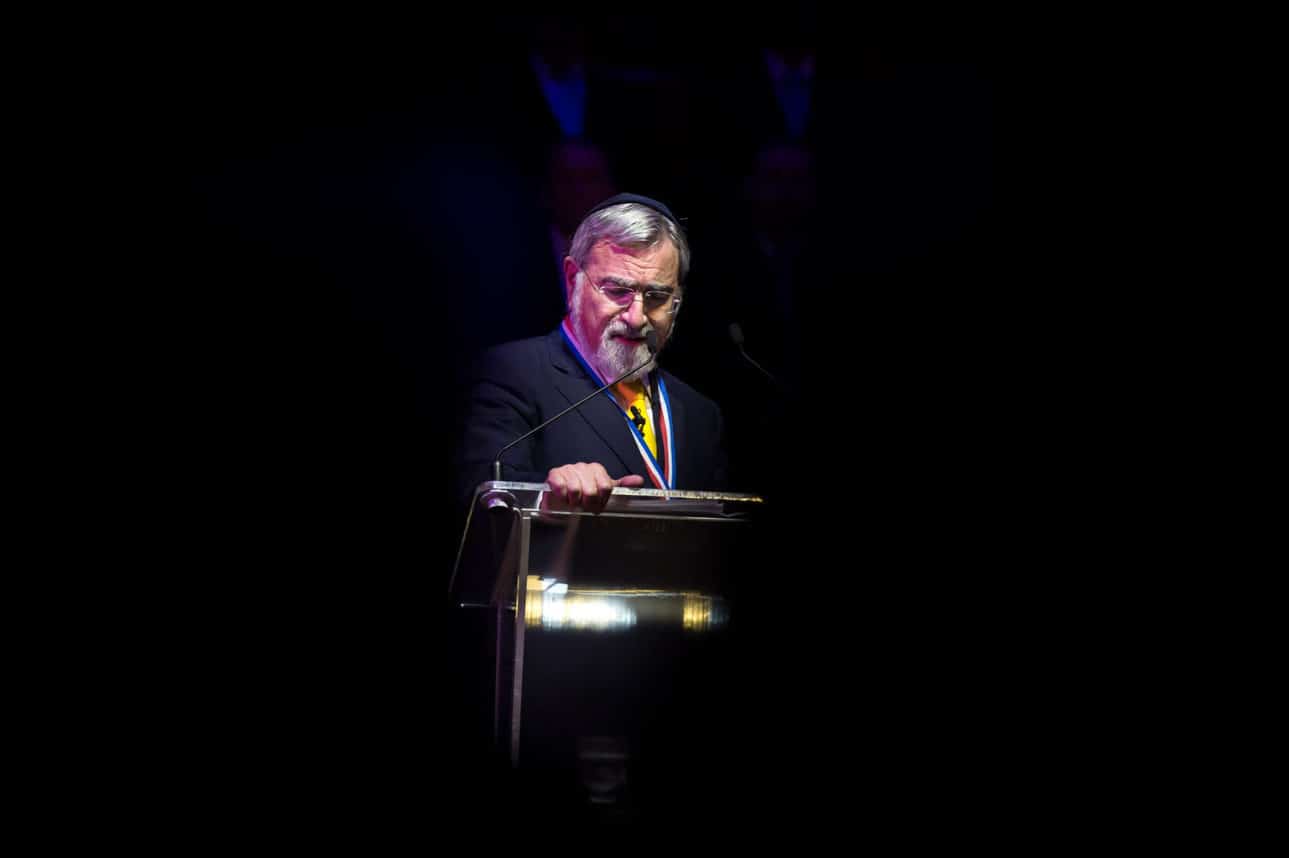
A Tribute to Daniel Kahneman, Israeli-Born Psychologist Who Won the Nobel Prize in Economics (2002) for Asking: Are Humans Rational?
Daniel Kahneman was a friend and a teacher. Am Israel and the entire scientific world will miss him dearly.

Judea Pearl is a professor of computer science at UCLA and president of the Daniel Pearl Foundation, named after his son. He is co-editor of “I am Jewish: Personal Reflections Inspired by the Last Words of Daniel Pearl” (Jewish Lights, 2004), winner of the National Jewish Book Award.

Daniel Kahneman was a friend and a teacher. Am Israel and the entire scientific world will miss him dearly.

Shur’s haunting words, “They never tried to reach a mutually accepted formula,” remind us today of the depth of Palestinian rejectionism and why Oslo never had a chance.

Ruth’s own essay in the book is a model of honesty and directness. It encapsulates in fact her entire life story, and the very essence of what being Jewish meant to her and to so many of us.


From the thousands of Israeli songs written since her birth, I find Yaron London’s MIRDAF (The Chase) to be the most poetic expression of Israel’s struggle for survival and peace.

I strongly oppose the 2021 California Ethnic Studies Model Curriculum.

In the past few years, I have come to see a profoundly personal meaning in the story of Purim.

Last month saw the anniversary of one of the most significant events in Jewish history, perhaps the most significant since the Exodus from Egypt — Nov. 29, 1947 — the day the U.N. General Assembly voted 33-13 to partition Palestine into a Jewish state and an Arab state

Last month saw the anniversary of one of the most significant events in Jewish history, perhaps the most significant since the Exodus from Egypt — Nov. 29, 1947 — the day the U.N. General Assembly voted 33-13 to partition Palestine into a Jewish state and an Arab state

 More news and opinions than at a Shabbat dinner, right in your inbox.
More news and opinions than at a Shabbat dinner, right in your inbox.